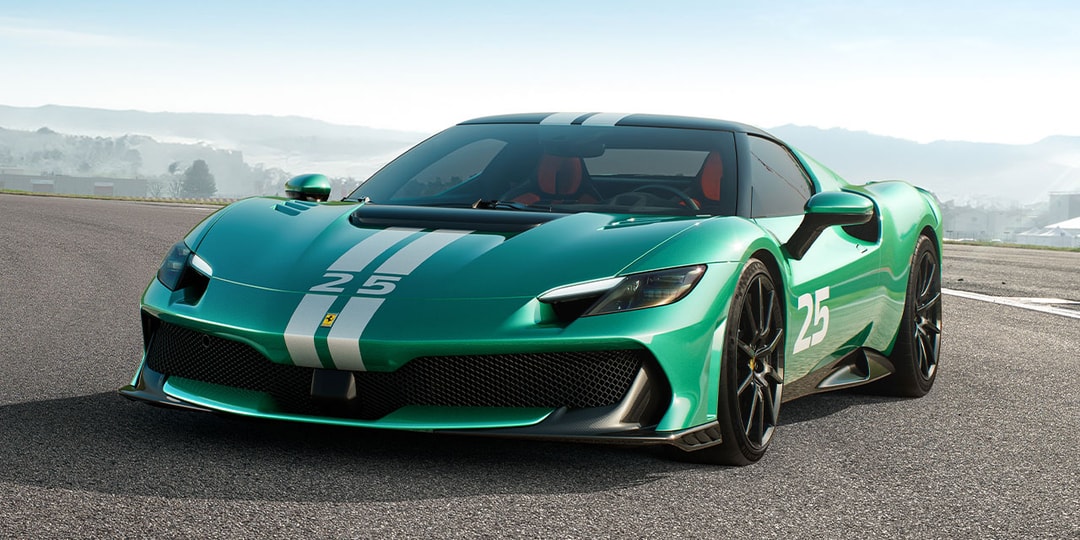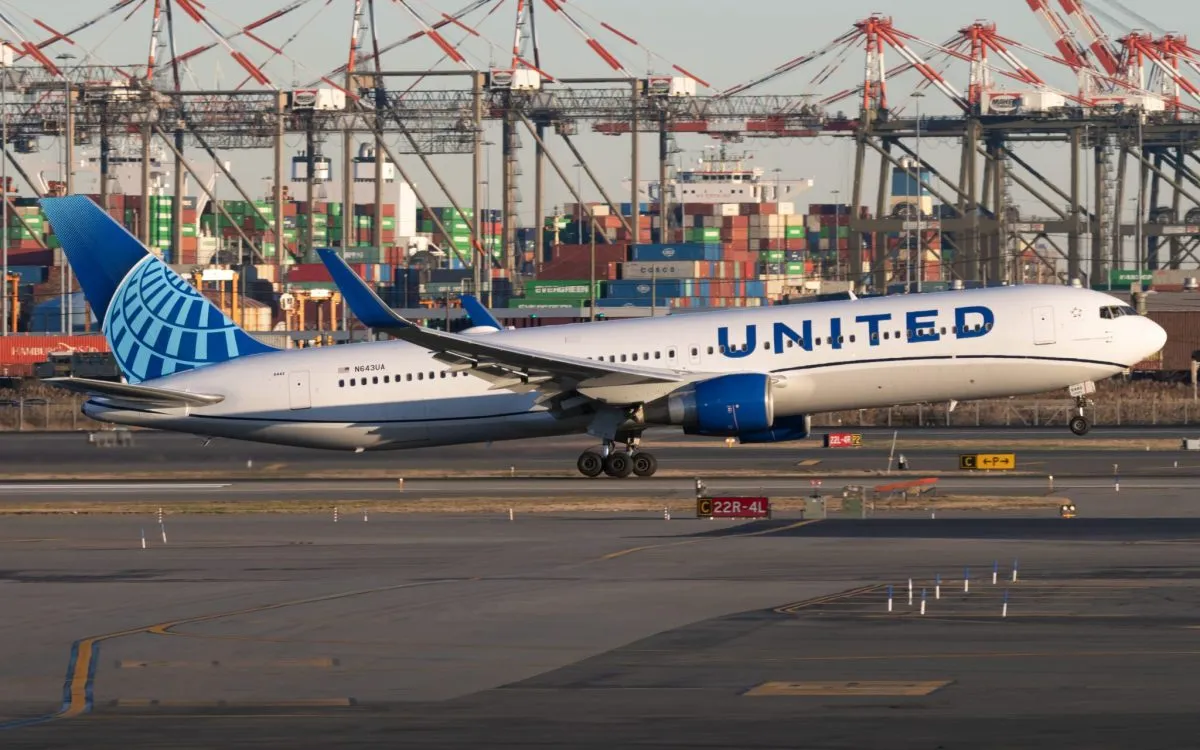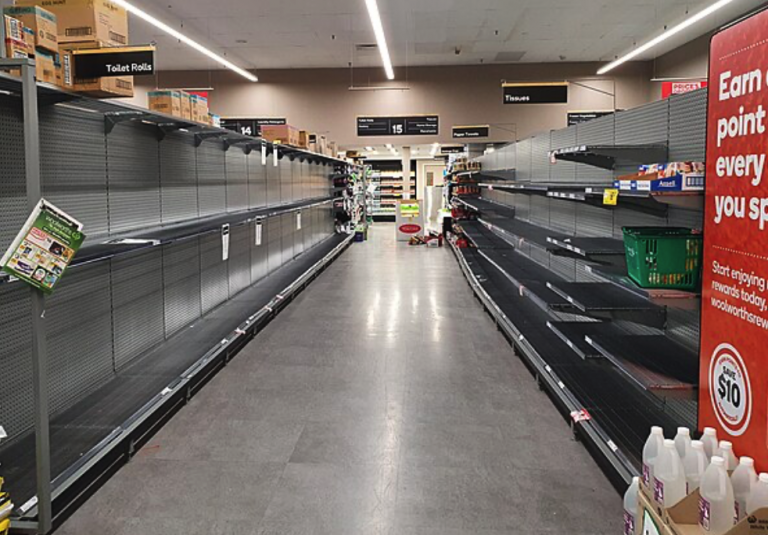Indonesian Coffee Brand Kopi Kenangan Enters Indias Growing Caf Market

MUMBAI: The vibrant Indian coffee scene is set to face a significant shake-up as the Indonesian coffee giant, Kopi Kenangan, makes its debut. This formidable competitor, valued at over $1 billion, aims to tap into the burgeoning caf culture in India by offering a menu tailored specifically to local tastes and at a price point lower than its global counterparts such as Starbucks and Tim Hortons.
Edward Tirtanata, the co-founder and group CEO of Kenangan Brands, emphasized the strategic importance of entering the Indian market. He remarked, "For any retail brand, it would be such a waste if you miss the train in India," highlighting the immense potential that the country presents for coffee brands. The backing from prominent investors, including Peak XV Partners and Eduardo Saverin, co-founder of Meta (formerly Facebook), further underscores the confidence in Kopi Kenangan's prospects in India.
India boasts a massive population, a rapidly expanding economy, and increasing purchasing power, particularly in metropolitan areas such as Delhi, Mumbai, and Bengaluru. These factors create a fertile ground for new entrants, even as the market becomes increasingly competitive with an array of both local and international coffee chains vying for dominance. Tirtanata pointed out that despite the presence of global names, the Indian caf market remains relatively nascent when compared to other Asian countries.
To capture the interest of price-sensitive consumers, Kopi Kenangan has adopted a pricing strategy that offers its beverages significantly cheaper than similar products in markets like Singapore and Australia. The brand's prices start at just Rs 99 for an espresso shot and under Rs 150 for larger servings. This pricing is approximately Rs 80-100 lower than offerings from Starbucks and homegrown brands like Blue Tokai.
"Our price points are far more accessible than other international chains. We are positioned well within a gap that exists in the Indian market," Tirtanata explained, indicating that the brands focus is on attracting a young demographic, particularly students and young professionals in their first jobs who are often seeking affordable options.
An integral part of Kopi Kenangan's strategy is its commitment to sourcing ingredients locally. By doing so, the company not only supports local farmers but also manages to maintain competitive pricing. In contrast, other brands like Starbucks have faced challenges, including sluggish consumer demand and high inflation, which have curtailed their expansion plans.
Earlier this month, Kopi Kenangan made a splash with its launch in Delhi and is already eyeing expansion into other major cities, namely Mumbai and Bengaluru, within the next couple of years. This ambitious growth plan underscores the company's confidence in its ability to carve out a niche amidst the growing caf culture in India.
As the caf landscape evolves with both legacy brands and new entrants, the competition will likely intensify, pushing all players to innovate and adapt to the preferences and budgets of Indian consumers.

























